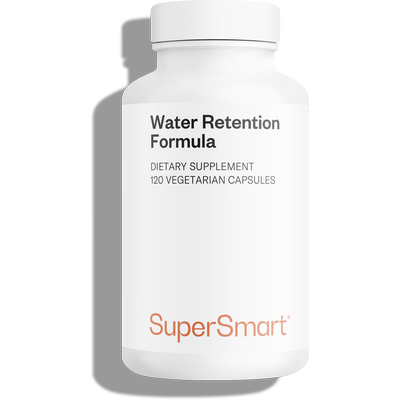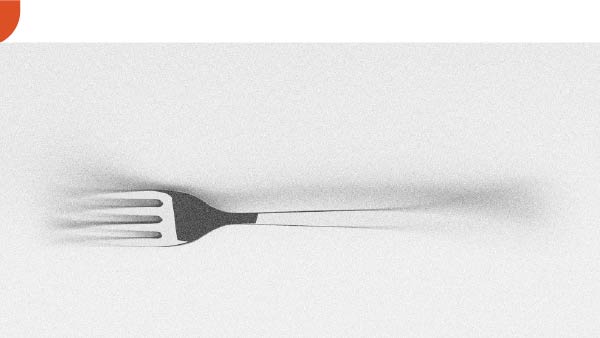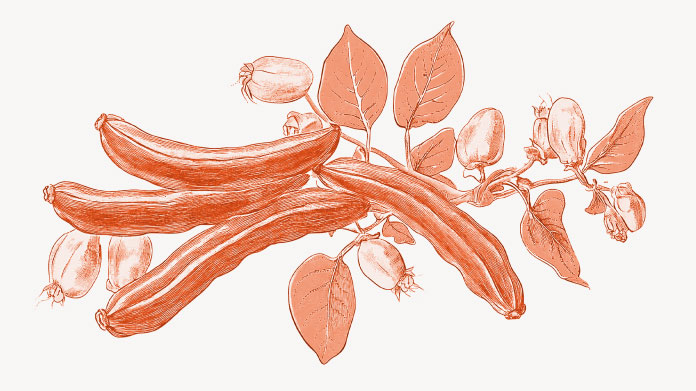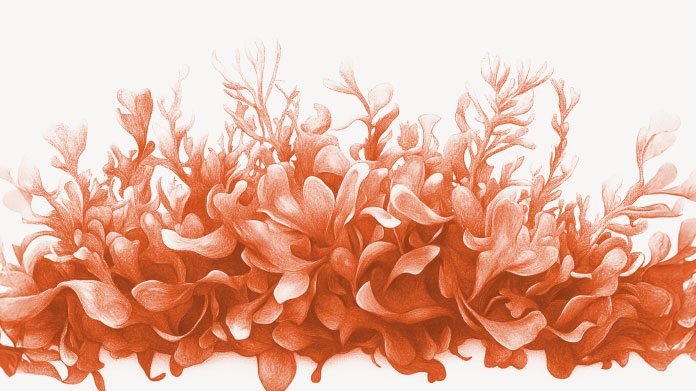How to reduce water retention in the stomach
Water retention is a common problem characterised by excessive fluid accumulation in tissues. Here we explore how to reduce water retention in the stomach.
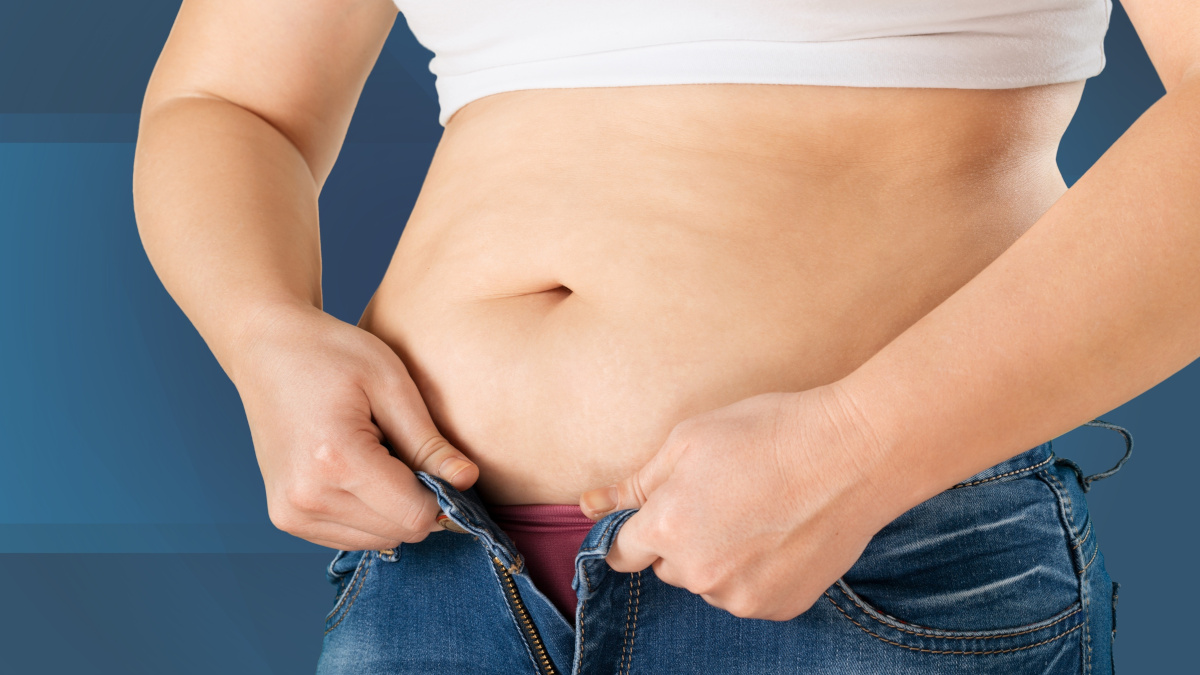
Oedema and water retention
More commonly referred to as water retention, oedema is swelling of the soft tissue due to an increase in interstitial fluid.
While this fluid usually and predominantly consists of water, it may also contain protein as well as other cell-rich fluids, especially in the case of lymphatic obstruction.
Water retention in the stomach: symptoms and causes
Water retention occurs mainly in the lower body. It’s a problem familiar to many women: heavy legs, swollen feet and ankles , etc. (these symptoms may be similar to those of venous insufficiency, but the latter is due to different mechanisms).
Water retention in the abdomen is often characterized by swelling or bloating of the abdomen, sometimes accompanied by rapid weight gain, a feeling of heaviness, and tight or shiny skin on the abdomen.
The common causes of this retention include:
- Hormonal imbalances, especially in women during their menstrual cycle, pregnancy, or menopause;
- A diet too high in sodium;
- Excessive consumption of alcohol affecting the liver;
- Renal, cardiac, or hepatic disorders;
- Or certain medications (corticosteroids, antihypertensive drugs, etc.)
Please note that ascites specifically refers to the accumulation of fluid in the peritoneal cavity. It is often linked to severe liver problems.
In case of persistent abdominal swelling or other worrying symptoms, it is crucial to consult a doctor for an accurate diagnosis and appropriate treatment (1-3).
Ways of reducing water retention in the stomach
Diet and water retention
Those whose water retention is related to sodium retention may benefit from following a salt-free or low-salt diet. Occasionally, doctors may prescribe a diet with potassium salt as a substitute for sodium (4).
Naturally, it’s also important in the case of abdominal water retention to stop drinking alcohol, to allow the liver to regenerate.
In addition, certain foods and drinks such as celery (5), cucumber and green tea are known traditionally for their diuretic properties and may help eliminate excess fluid.
Exercise and water retention
Regular exercise stimulates the circulatory and lymphatic systems, thus helping to reduce water retention. Activities such as walking, swimming and yoga may all be beneficial.
A sedentary lifestyle makes the cardiovascular system weaker and promotes weight gain, creating a vicious circle. Even 30 minutes of light exercise a day can be enough to produce a rapid decrease in water retention.
Stress management
Chronic stress can affect hormone levels and promote water retention. Stress management techniques, such as meditation and yoga, can help reduce the symptoms of water retention.
Drug treatments
In some cases, when the water retention is severe or related to an underlying medical condition, diuretic medication may be prescribed. It’s important to consult a health professional before taking drugs for water retention as they can have side effects.
Natural and traditional home remedies
There are natural methods that may help reduce water retention in the stomach. The most popular home remedies include drinking cranberry juice (6), or infusions of dandelion or artichoke leaves and applying cold water compresses to the abdominal area.
Caraway, meadowsweet, prickly pear, grape, fennel, dandelion, etc.: traditional pharmacopoeia across the world contain many medicinal plants which are now widely used by naturopaths and recognised by conventional medicine.
For example, troxerutin, a flavonoid extracted from sophora Japonica, is a recognised venotonic and vascular protector used in the manufacture of a number of drugs prescribed for veno-lymphatic problems (7).
Several clinical studies suggest that betalains, pigments found in prickly pear, increase diuresis (the amount of urine excreted in a given time) and reduce water retention concerns in the legs (8).
Caraway, dandelion, meadowsweet, etc. have long been recognised as natural diuretics, promoting a reduction in oedema. Many of the compounds mentioned here can be found in targeted synergistic formulations (such as Water Retention Formula).
Hormone-related water retention in men
Though water retention is often associated with women, men can also suffer from it. Hormone imbalances, such as those related to testosterone or thyroid, can contribute to water retention in men. The same methods of reducing water retention mentioned above are equally applicable, including adopting a healthier lifestyle and improving stress management.
Water retention, whether in the stomach or any other part of the body, is often a sign of an underlying disease. Therefore, if the problem persists after trying natural methods and targeted supplements, you should consult a health professional to obtain a diagnosis.
SUPERSMART ADVICE
References
- EDWARDS, Sharon. The formation of oedema. Part 1: Pathophysiology, causes and types. Professional Nurse (London, England), 2003, vol. 19, no 1, p. 29-31.
- REYNOLDS, Telfer B. Ascites. Clinics in liver disease, 2000, vol. 4, no 1, p. 151-168.
- GINÈS, Pere, CÁRDENAS, Andrés, ARROYO, Vicente, et al.Management of cirrhosis and ascites. New England Journal of Medicine, 2004, vol. 350, no 16, p. 1646-1654.
- MOORE, Kevin P., WONG, Florence, GINES, Pere, et al.The management of ascites in cirrhosis: report on the consensus conference of the International Ascites Club. Hepatology, 2003, vol. 38, no 1, p. 258-266.
- LEWIS, David A., THARIB, Saleh M., et VEITCH, G. Bryan A. The anti-inflammatory activity of celery Apium graveolens L.(Fam. Umbelliferae). International Journal of Crude Drug Research, 1985, vol. 23, no 1, p. 27-32.
- SUJANA, K., SAI TEJASWINI, K., et SRILAKSHMI, S. Cranberry fruit: An update review. International Journal of Herbal Medicine, 2016, vol. 4, no 3, p. 5-8.
- SCHULLER‐PETROVIC, Sanja, WOLZT, Michael, BÖHLER, Kornelia, et al.Studies on the effect of short‐term oral troxerutin in patients with varicose veins. Clinical Pharmacology & Therapeutics, 1994, vol. 56, no 4, p. 452-459.
- CHEOK, Alex, GEORGE, Trevor W., RODRIGUEZ-MATEOS, Ana, et al.The effects of betalain-rich cacti (dragon fruit and cactus pear) on endothelial and vascular function: A systematic review of animal and human studies. Food & function, 2020, vol. 11, no 8, p. 6807-6817.
Keywords
1 Hours
Just OK
Just OK, ordering from company for many years and being safisfied
Lynn Mae
15 Hours
Recomendo
Produtos encomendados são recebidos atempadamente e de acordo com o anunciado! Muito satisfeita!
Carla Sofia
1 Days
Everything is great!
Everything is great!
Jonas
6 Days
The delivery was fast and the product…
The delivery was fast and the product is great
SOMMARIVA Gianni
7 Days
Great service and lots of information
Great service and lots of information
Gabi
10 Days
Service Satisfaction
I’m satisfied with the service; it fulfilled what it set out to do.
Anfhony Abreu
13 Days
Original product and fast delivery
Original product and fast delivery. I haven't started it yet, but will do soon.
Vincenza Catania
15 Days
Good quality
Good quality. Good service.
Leonel Guzman
17 Days
Top!!!!!!!!
Top!!!!!!!!
Michael
20 Days
Excellent!
Products are great and delivered fast!
PARDINI Debora
20 Days
From order to receive the product
From order to receive the product, the process is smooth & fast. It’s good to customers.
WONG Mei Ling
21 Days
Fast delivery
very quick delivery to italy. product is good.
Customer
22 Days
Prompt delivry !!👍
Prompt delivry !!👍
SWEET Christine
23 Days
Good delivery and flawless quality
AS far as delivery and the visual quality are concerned, Supersmart is excellent. I will not comment on the efficacy of the products themselves, since that is only possible over a longer period and in a large customer base compared to people who do not consume a particular product.
Roger De Backer
24 Days
Perfect services
Perfect services, perfect support, great articles about products
Michaela Alali Beitlová
of experience
your money back
##montant## purchase


